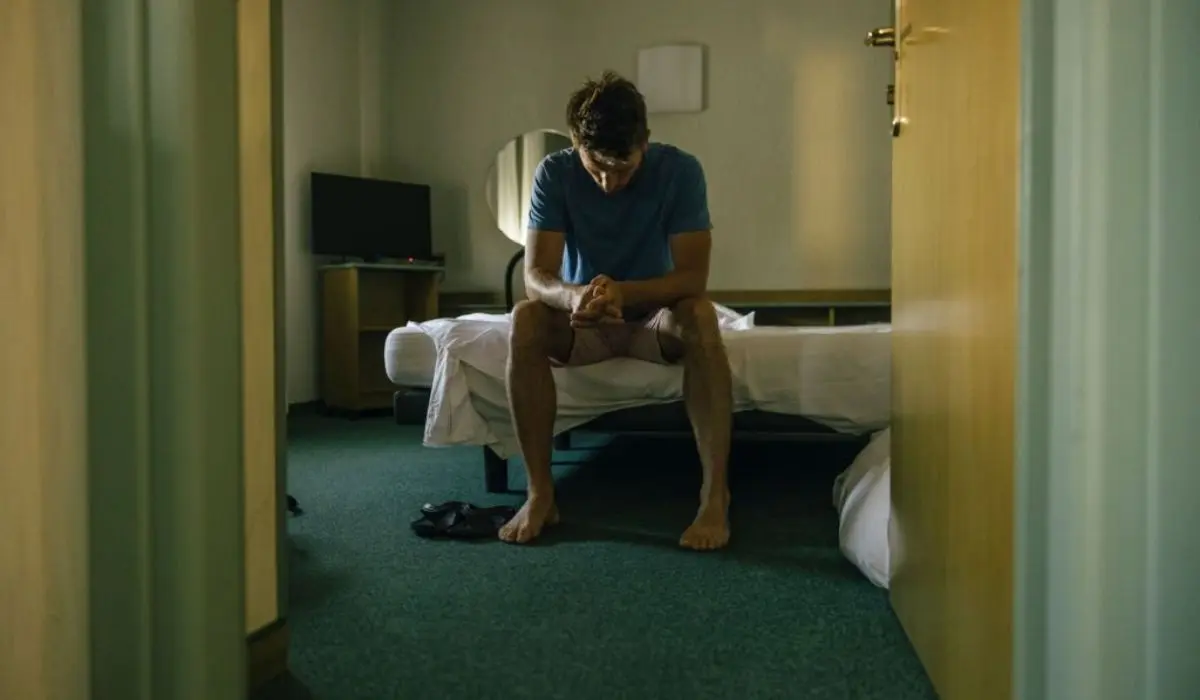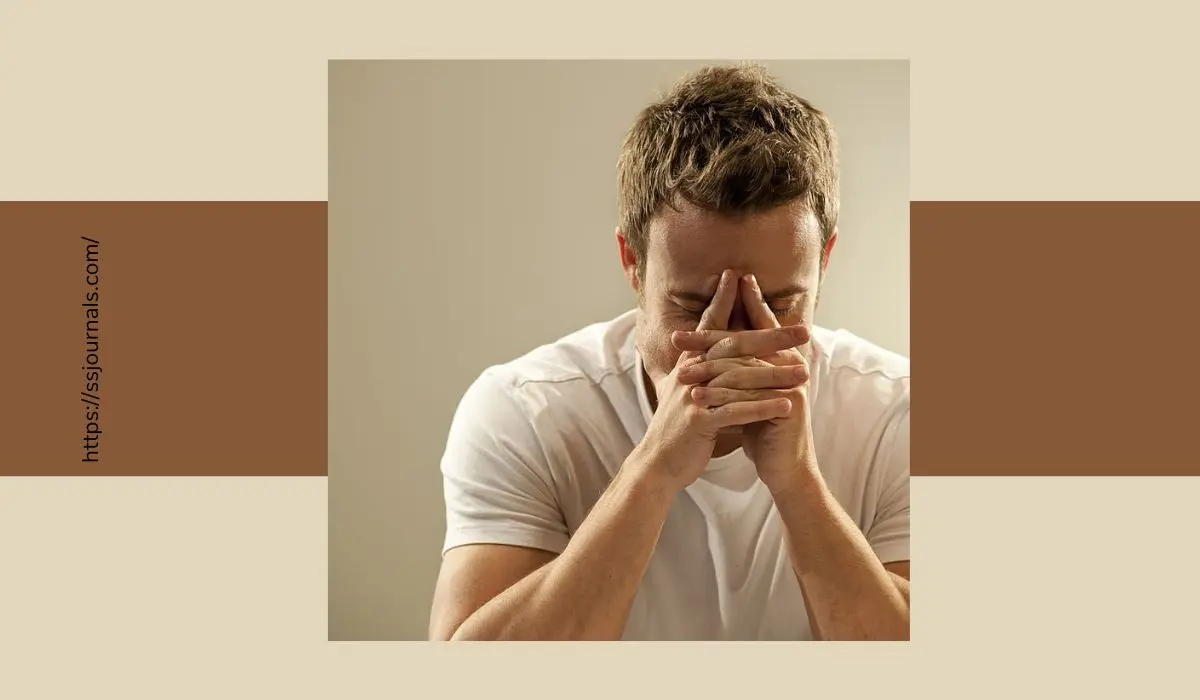Testosterone is commonly associated with sex drive and muscle mass in men, but this key hormone has wider effects on physical and mental health. In particular, some emerging research suggests a link between low testosterone (low T) and depression.
Relationship Between Low Testosterone And Depression
While women also require balanced testosterone levels, this hormone is found in higher amounts naturally in men. When production decreases, hypogonadism or testosterone deficiency can occur and potentially impact mood regulation.

In this comprehensive guide, we’ll examine the connections between testosterone and depression found in studies, the multifaceted relationship, treatment options, and frequently asked questions on how low testosterone may contribute to depressive disorders in men.
Understanding Testosterone And Depression
Testosterone is considered a major sex hormone in men produced mainly by the testes. It plays a pivotal role in:
➔ Sex drive and function
➔ Muscle and bone mass
➔ Fat metabolism
➔ Production of red blood cells
➔ Cognitive abilities
➔ Mood regulation
When testosterone levels dip, it can lead to declines in these areas of health. Clinical depression also corresponds with dropping testosterone, particularly in middle-aged and older men.
Researchers are still working to untangle the complex interrelationship between testosterone, aging, and depression. Some key points have emerged:
➔ Men with depression often have lower testosterone levels.
➔ Men with hypogonadism are at increased risk for developing depressive disorders.
➔ Resolving low T can lift depression symptoms, either partially or completely.
➔ Testosterone replacement therapy often improves mood in hypogonadal men.
➔ Optimal testosterone may be protective against men developing depression later in life.
This suggests testosterone does play a role in men’s mental health. Let’s look closer at the hormone and mood link.
The Interplay Between Hormones And Mood
Scientists theorize there are several potential mechanisms by which low testosterone could contribute to depression:
Research into the mechanisms continues, but it’s clear testosterone and depression have a multidirectional relationship.
Research Studies on Testosterone and Depression
Numerous studies demonstrate links between low testosterone and depression:
- A 2013 meta-analysis of 28 studies concluded that late-onset hypogonadism increases risk of depression.
- A 2016 review found middle-aged men with depression tend to have clinically low testosterone levels.
- A 2021 study reported significantly lower testosterone in men over 45 with depression compared to non-depressed controls.
- Another 2021 study found young men with treatment-resistant depression had markedly lower testosterone.
- Multiple clinical trials indicate testosterone therapy improves mood scores in hypogonadal men with depression.
- One study showed testosterone gel specifically improved depression symptoms compared to placebo.
Overall, research indicates testosterone deficiency either precedes or coincides with depression in men. However optimal levels may also protect mental health.
Treatment Approaches And Interventions
If low testosterone is contributing to depressive episodes, there are treatment options available:
A combined approach focused on testosterone optimization alongside psychological and lifestyle interventions may be most effective. Work closely with your doctor to determine the best options.
Conclusion
While more research is still needed, evidence shows a strong link between lower testosterone levels and depression in men spanning younger through older ages. Raising low testosterone appears to alleviate depression in many hypogonadal men.
However, the relationship is complex with many contributing factors. Collaborating with your medical providers to measure testosterone and tailor appropriate treatments can help target hormone imbalance as a potential biological driver of depressive disorders in men.
FAQs
Common symptoms include low energy, reduced sex drive, erectile dysfunction, decreased muscle mass, weight gain, low mood, irritability, and difficulty concentrating.
It improves depressive symptoms in many cases, but testosterone alone may not fully resolve depression without other treatments like therapy and antidepressants.
Yes, low T is linked to higher anxiety levels, likely due to effects on brain chemistry, confidence, and energy levels. Optimizing testosterone often reduces anxiet
Testosterone slowly declines about 1% per year after age 30. More significant drops could indicate a hypogonadism disorder requiring treatment.
Many experts recommend men over 50 get tested periodically due to increased prevalence of age-related testosterone deficiency. Consult your doctor.
Related: Does Ashwagandha Increase Testosterone? Unlock The Secrets

